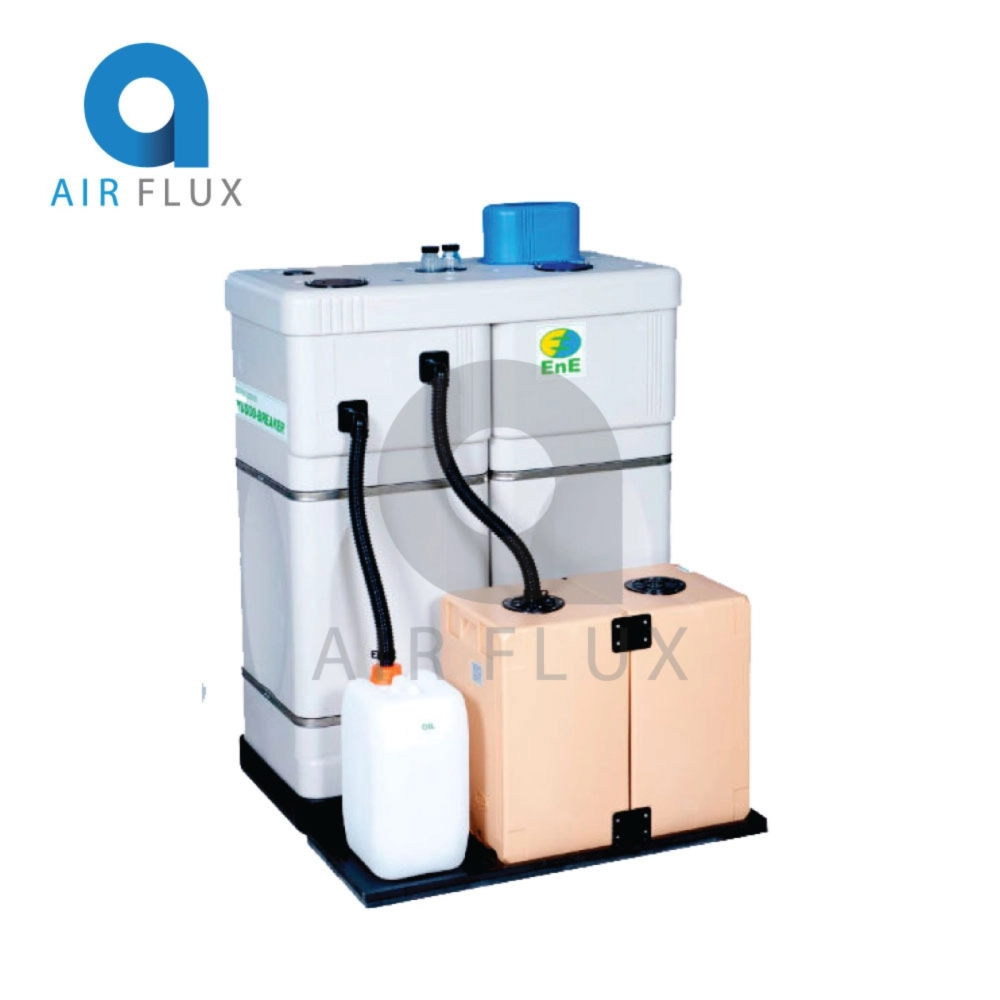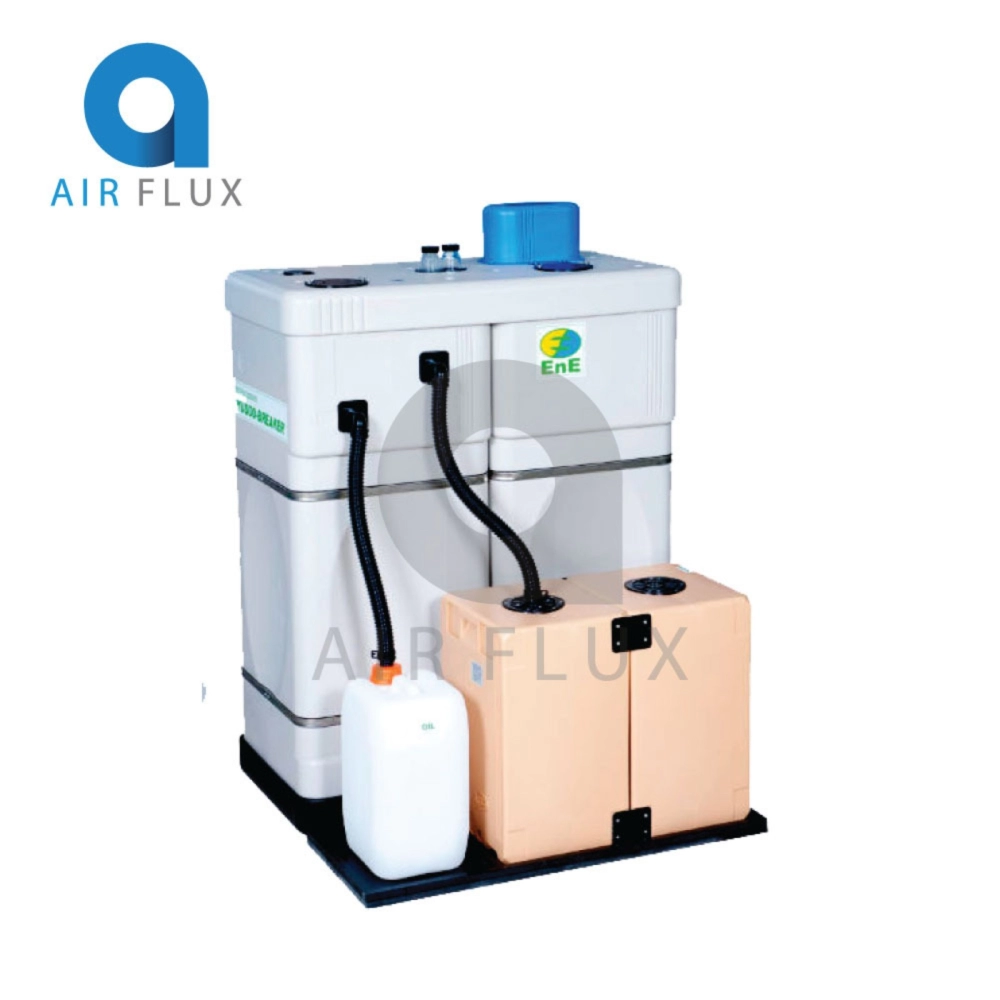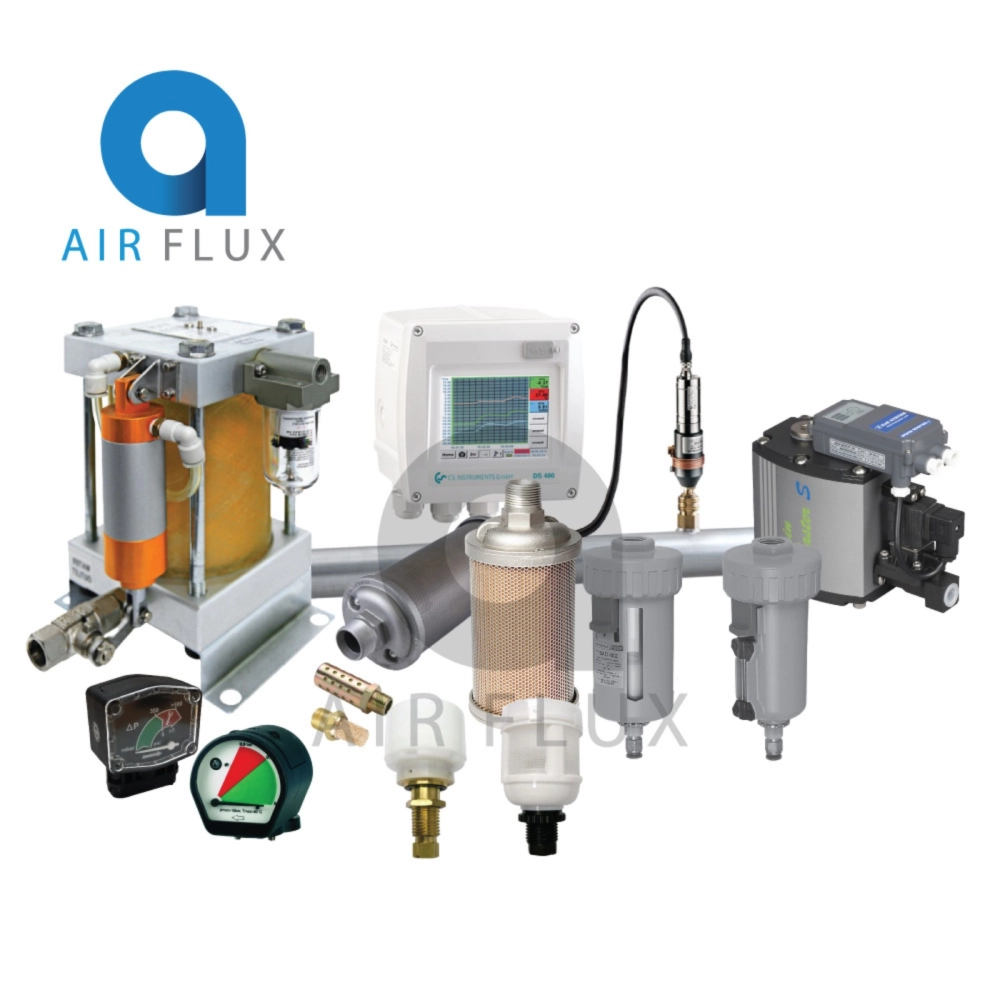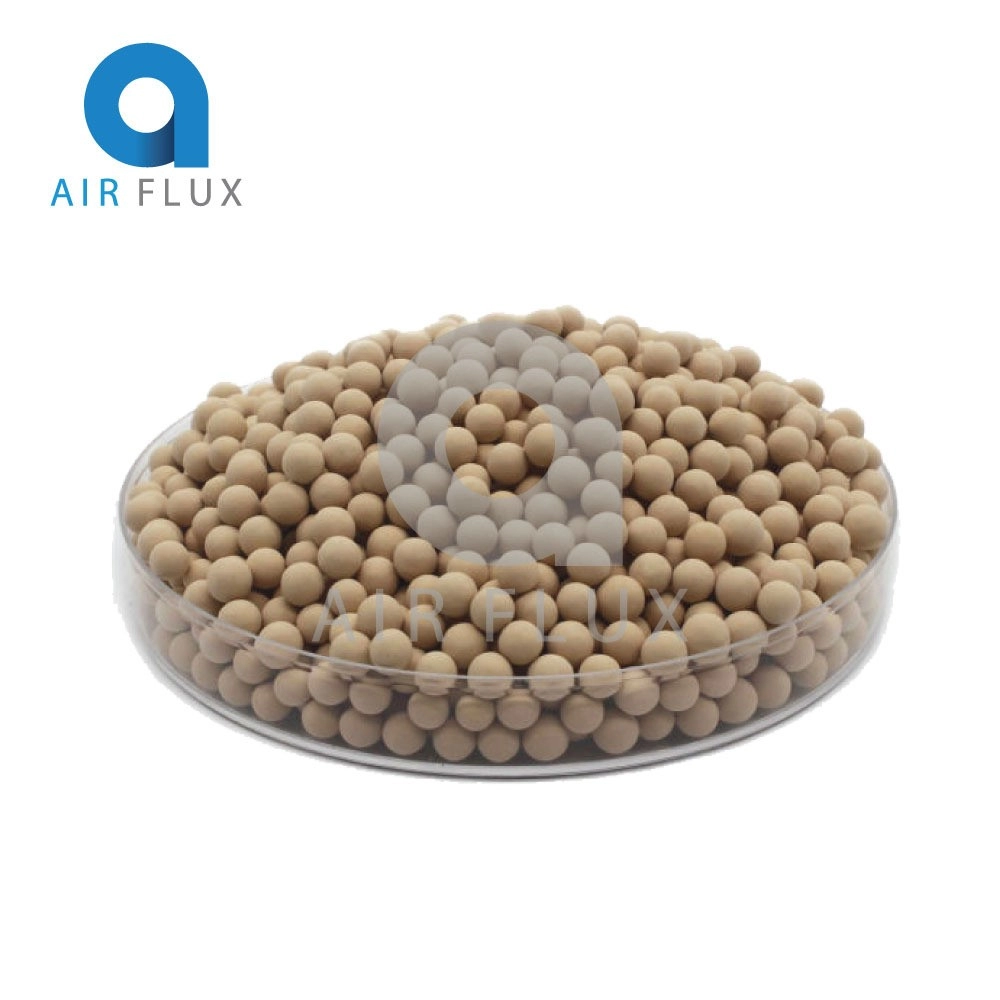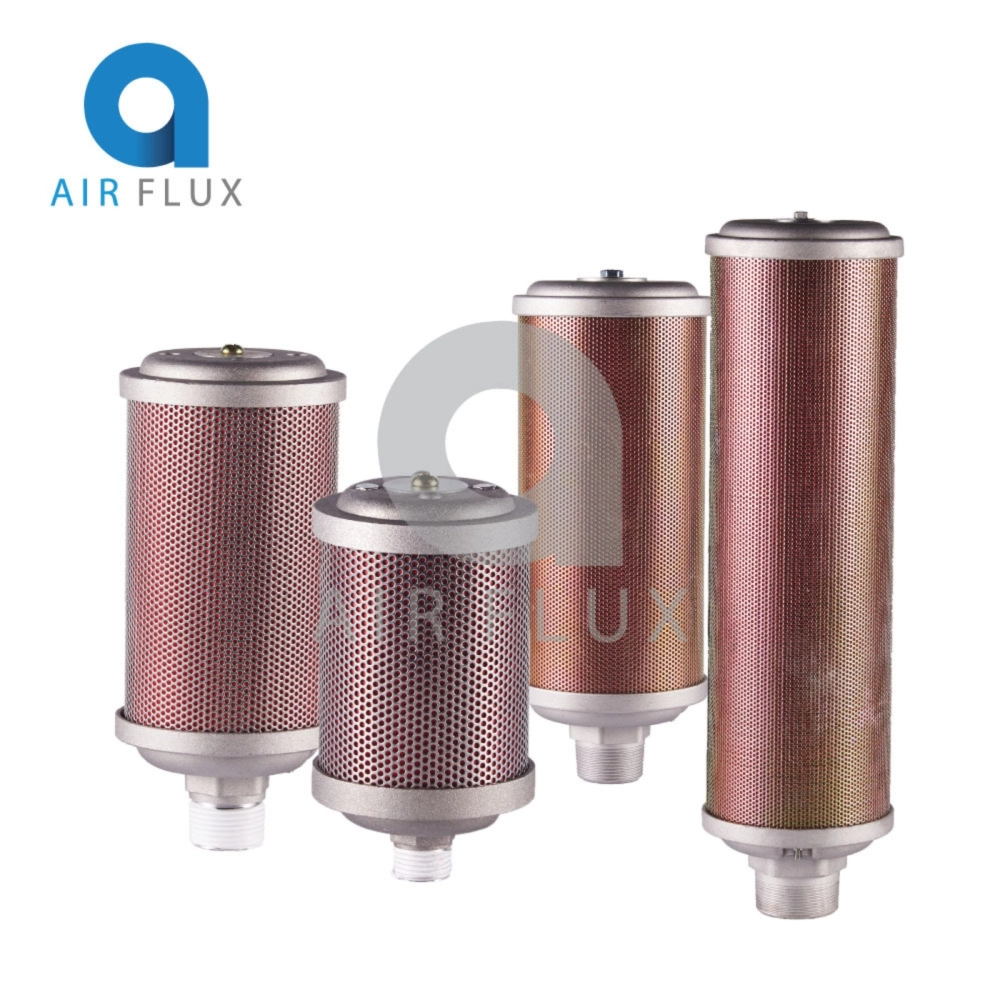
How Oil Water Separators Work
We all know the old saying about how oil and water don’t mix, and you need only pour some vegetable oil into the water to see it float to the top, separating all on its own. In the wastewater treatment industry, however, it’s not so easy to divide these two disparate substances. In fact, removing oil from wastewater during processing requires the use of specific equipment.
Oil-water separators are a component in wastewater treatment, used alongside a variety of physical, chemical, and biological filtration processes intended to separate waste from water so that clean water can be returned to the world from whence it came. Different industries may have different means of removing waste solids from effluent.
For example, while dissolved air flotation (DAF water treatment) is frequently used to treat industrial wastewater, dissolved gas flotation (DGF water treatment) is more commonly used in the oil industry. Whether wastewater comes from residences, commercial interests, or industrial concerns, however, it is all subject to processing so that waste can be removed and clean water can be salvaged.
What role do oil-water separators play? What do they do and why are they important to the process of wastewater treatment? Here are a few things you should know about oil-water separators.
What is an Oil Water Separator?
Simply put, an oil-water separator does just what you might expect from the name – it separates oil and suspended solids from water so that it can be skimmed away. I know what you’re thinking. Doesn’t oil separate from water automatically?
It is true that oil and water have a gravitational difference. Oil is lighter than water so it tends to float to the top. However, because of the nature of wastewater, which is suffused with all kinds of contaminants, some oil particulates, especially tiny droplets, can get hung up.
Oil-water separators are designed specifically to target oil based on the gravity difference between oil and water, allowing for heavier solids (sludge) to settle to the bottom while oil rises to the top, leaving additional wastewater in the middle layer. Sludge can then be scraped away, oil can be skimmed off the top, and wastewater can move along for further filtration, aeration, DAF water treatment, and chemical processing, depending on the water being treated.
How Does it Work?
After wastewater passes through filters to separate out the largest solids, it is funneled into the oil-water separator to undergo treatment. In most cases, the wastewater travels across a series of plates, generally on an incline.
These plates help to separate oil, water, and sludge into three distinct spaces. The heavy sludge and suspended solids drop to the bottom. Because oil particulates can be very small, however, the plates perform a special function.
As wastewater passes over the plates, oil particulates are tumbled over the surface, allowing them to collect and form larger globules, increasing buoyancy. This, in turn, helps more of the oil to separate and rise to the top of the water.
The stacked plates increase the surface area wastewater must pass over, and the fact that they’re situated on an incline helps to force the oil up to surfaces where it can coalesce and form larger particles. The oil-water separator ensures that the vast majority of oil and sludge is removed before wastewater goes on to finer filtration processes.
Why Separate Oil and Water
So what’s the problem with oil? Why does it need to be separated from water? Simply put, it can pose an environmental hazard.
Oils found in wastewater could include not only the cooking oils and grease that homes, restaurants, and other commercial interests wash down the drain, but also petroleum and other hazardous products. These can disrupt ecological systems and prove harmful to plants, animals, and even humans.
If you’ve seen news coverage of oil spills in the past then you understand the harm oil can cause, although these were epic disasters on a grand scale. Don’t make the mistake of thinking that oil in wastewater is any less damaging, though.
If it can clog your pipes, it can definitely harm the environment. This is why we separate it out from wastewater and dispose of it, and why oil water separators are so important.
Inquiry - Airflux Oil Water Separator

